China took legal action against the U.S. in the WTO over chip export control measures on Monday, China's Ministry of Commerce (MOFCOM) said in a statement posted on its website. Filing a lawsuit with the WTO is a way of seeking to address Chinese concerns through legal means, and a necessary way to defend China's legitimate interests, the ministry said.
"In recent years, the U.S. has been generalizing the concept of national security and abusing export control measures, which hinders the normal international trade in chips and other products, as well as threatening the stability of the global industrial chain and supply chain," the MOFCOM statement said.
It noted that the move is a typical trade protectionism practice as it disrupts the international economic and trade order, violates international economic and trade rules as well as basic economic laws, and harms the global interests of peaceful development.
The ministry urged the U.S. to give up its zero-sum game mindset, correct its wrongdoings in a timely manner, and stop disrupting trade in high-tech products such as chips, so as to maintain normal economic and trade exchanges between China and the U.S., and maintain the stability of the global supply chain for important industrial goods such as semiconductors.
In its latest move, the U.S. government announced a broad set of technology export controls in early October, including a ban on shipments to China of certain semiconductor chips made anywhere in the world using U.S. equipment.
The move has caused harm for the global supply chain, and the ban also backfired among American semiconductor producers.
By 2025, U.S. companies could lose 18 percentage points of global market share and 37 percent of their revenues if the U.S. completely bans semiconductor companies from selling to Chinese customers, effectively causing a technology decoupling from China, according to a report by Boston Consulting Group.
The free fall in revenue would inevitably lead U.S. semiconductor companies to make severe cuts in research and development and capital expenditure, resulting in the loss of 15,000 to 40,000 highly skilled jobs in the U.S. semiconductor industry, the report noted.













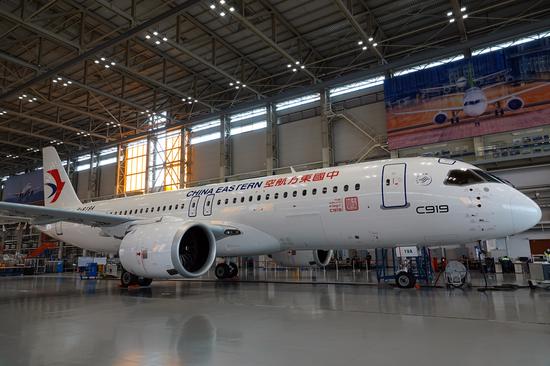

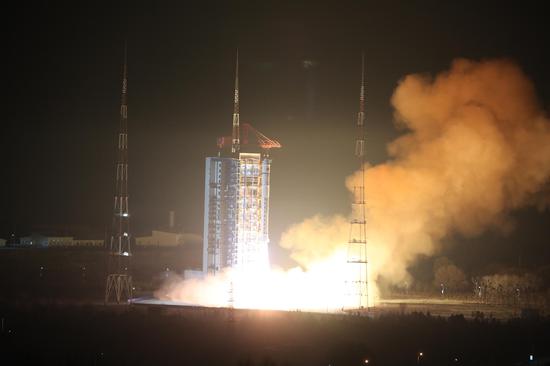













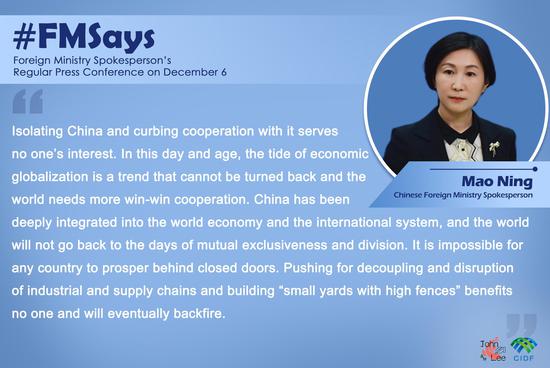

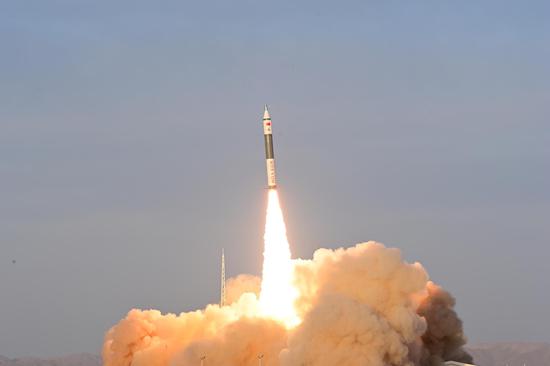
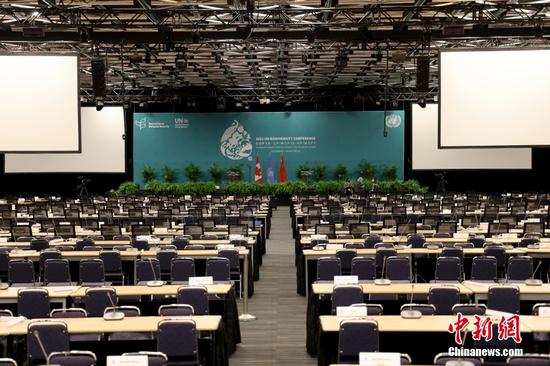








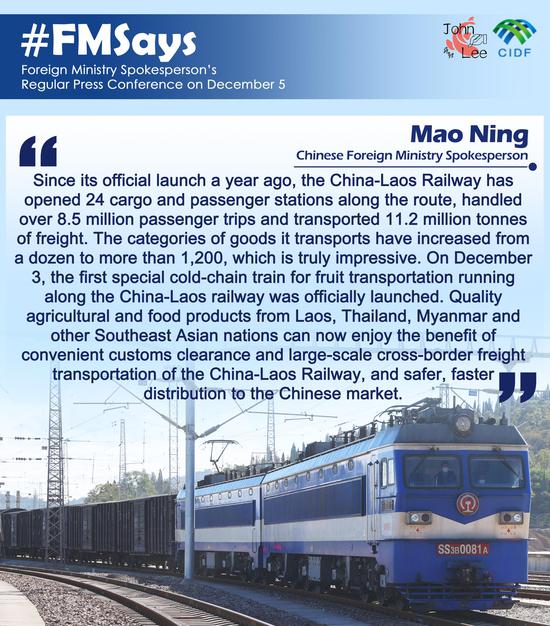








 京公网安备 11010202009201号
京公网安备 11010202009201号